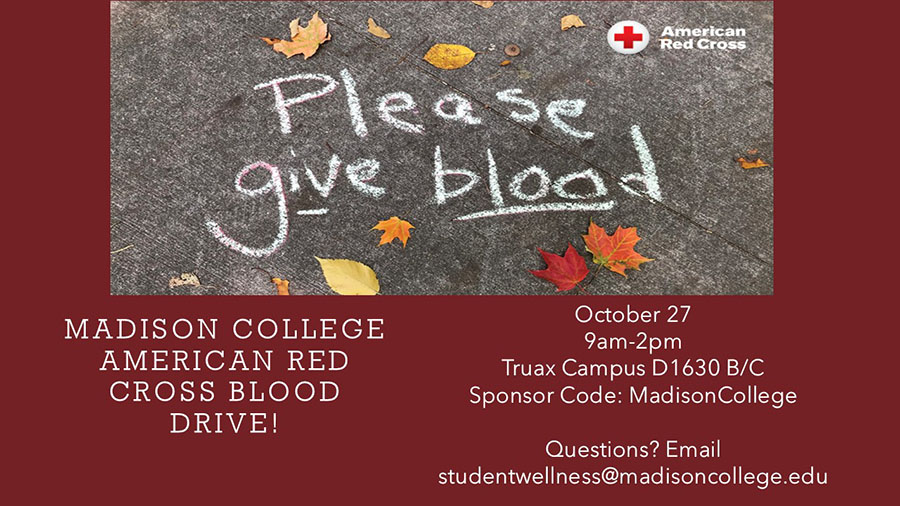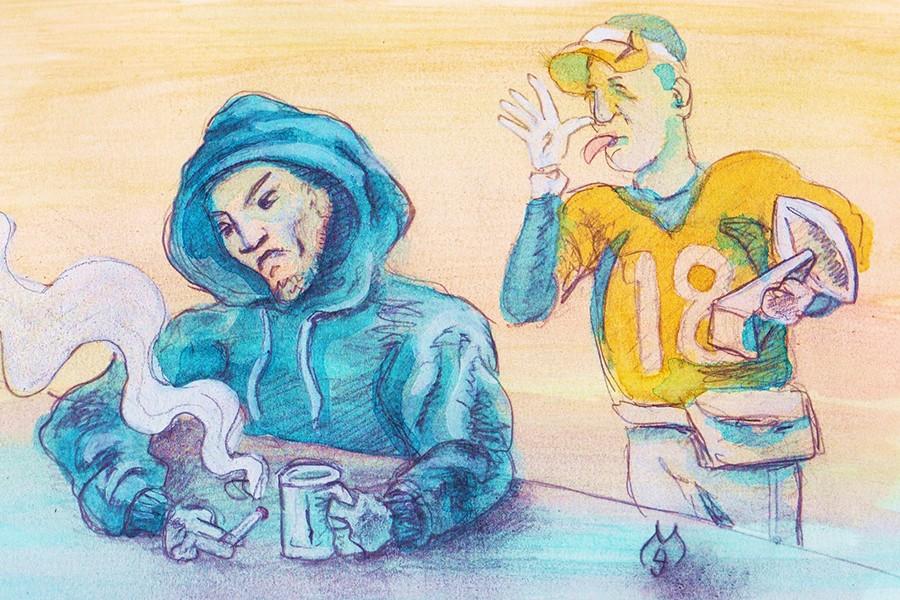Super Bowl role models held to a double standard
Social media users and sports analysts display a double standard in their reactions to how two quarterbacks have behaved after Super Bowl losses.
February 17, 2016
Let’s talk about the public’s reaction to the way two men leave a Super Bowl. On the one side, you’ve got a pure bred southern boy, ripe with all the morals this side of the Mississippi, and on the other, you’ve got a black man, and well, that’s pretty much as far as the “general” population goes in its near-sightedness, especially when it comes to matters of race, and, yes, even in matters of football. Which is quite surprising, considering that more players of football are men of color than their pale counterparts.
Peyton Manning’s walk off the field of Super Bowl XLIV in 2010 against the Saints was viewed by many in both the sports industry and in the public arena as a bold, but supported move, completely understood by watchers and former players alike. He quietly walked off the field, or so they say, and with resigned pride took to himself in a moment of silent reflection. Thereby ignoring the opposing team, and the waiting press who were eager to ask a slew of misguided questions about why he thought his team lost the big game. Maybe it’s because his team didn’t score as many points as the winning team did within a reasonable margin of time, and with only a few seconds remaining on the clock, the continued effort seemed a little futile.
However, being that I am not a sports fan, I can say that my only redeemable affection for any professional sport is that they play until the game ends, regardless of the probable outcome, because sportsmanship. What Cam Newton did following his team’s loss is not only a good example of decent sportsmanship, especially in comparison to Manning’s behavior in his 2010 Super Bowl loss, but the public’s reaction to his walking out on the press after a myriad of ridiculous questioning is a gross example of a sick double standard.
I understand that there are examples to be set for young people, and not so young people, who still look to sports figures to be pillars of moral aptitude and ethical strength. But to put Cam Newton down for walking away from the patronizing questioning of the press, while simultaneously hoisting Peyton Manning up, is just plain racist.
Moving beyond general athletic skill, when it comes to addressing the press, some feel that players have a duty to report to, and play the second game of PR with the media staff. I asked Madison College Athletics Director, Steve Hauser how he felt concerning Cam Newton’s distaste for the press in the moments following the Panthers loss to the Broncos, and if he thought Newton was out of line.
His response was, “Yeah, I do. I think that those guys are superstars, and Cam Newton has been, arguably the best player throughout the NFL season. I mean, he won the MVP, and handled all of that with exuberance.”
Hauser goes on to say that he believes professional players hold an obligation to hold press conferences, for at least a certain amount of time, and that Newton’s flustered responses and eventual walking off was in poor taste.
However, Hauser was unfamiliar with the occurrence of Peyton Manning walking off field, avoiding the other team and waiting press in one fell swoop.
In 2010, Manning received sympathetic praise from the media for his seemingly dignified resignation while leaving the field before the clock had even run out on Super Bowl XLIV.
At least Newton took the time to humbly shake the hand of the opposing team’s quarterback, and then sit down with the press to answer their ridiculous line of questioning.
Meanwhile, what was Peyton Manning doing? He was telling America of his grand plans to spend the night drowning in alcohol.
Hauser concurred that Manning’s display of tasteless commercialism was also not in line with his values, and that it was definitely not a good for his “squeaky clean” American icon image.
What a role model for a country to gaze upon and admire.
































